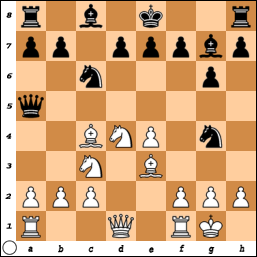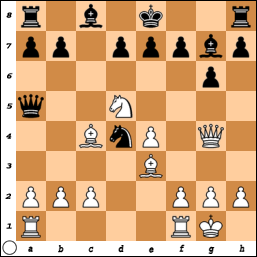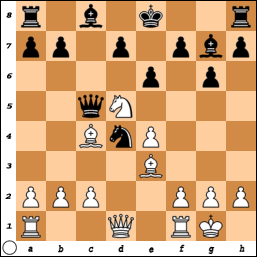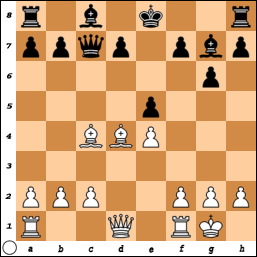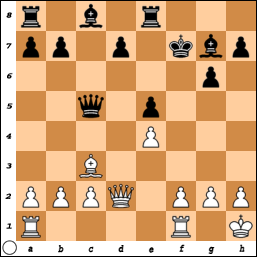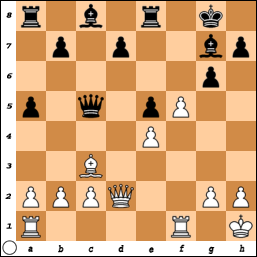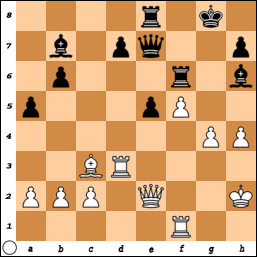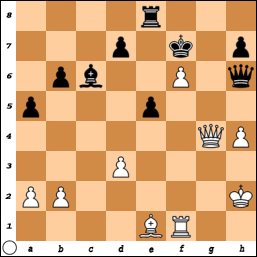4 But when the fullness of time had come, God sent his Son, born of a woman, born under the law, 5 in order to redeem those who were under the law, so that we might receive adoption as children. 6 And because you are children, God has sent the Spirit of his Son into our hearts, crying, "Abba! Father!" 7 So you are no longer a slave but a child, and if a child then also an heir, through God.
And so I preached my final sermon in Oregon on this text--on the fullness of time and the entry of Jesus Christ into the world. In that end was a new beginning, just as in the end of my time in Oregon there was a beginning awaiting me back in St. Paul.
Now, sixteen months later, Paul's same words have come around again in the lectionary and it brought me back to a metaphor that strikes me as more apt now than ever. So, I share it with you today.
The Cathedral of Hourglasses
An hourglass uses gravity to drop sand from its upper chamber through a small opening and into the chamber at its base. When the bottom chamber is filled this is the fullness of time.
Now, I want you to imagine a vast cathedral full of hourglasses. Close your eyes if you have to. Picture a room as long and as wide as a football field filled with hourglasses of all different sizes. Each has a finite amount of sand, and each represents a very specific thing in your life. In a very small hourglass there is your time reading this blog post; that sand is moving very fast and soon it will be full. In another hourglass there is your work—for some of you that might take up a lot of space, for others not so much. Some of you might have several hourglasses already filled up with old jobs and tucked away in a dusty corner. Some of you might be missing that hourglass at the moment, and some of you will have retired that hourglass forever. You will have many other hourglasses—ones for all the things you own and ones for all the nuisances that take up time in your life.
Now notice the hourglasses of your friends and family. These are your relationships—some of these, too, have stopped falling—family has died, friends have moved away and you have lost touch. Some of these hourglasses take up huge parts of your cathedral and are hard to get around. Some you can hardly see at all, and some you’ve forgotten you ever had.
If you look around your cathedral, the first thing you will notice is that not a single grain of sand is moving up. Everything is falling; all your hourglasses are becoming fuller—some very fast, others very slowly—but whether in moments, or in decades, every hourglass is moving toward its fullness.
When an hourglass is filled you have a choice of what to do with it, and you have two options. The first is that you take that full hourglass and put it up on the altar of the cathedral and try with all your might to turn it upside down again. Should you try this approach, you will struggle and struggle but the sand will not budge. But while you are putting all your attention into that hourglass of things-gone-by all the other hourglasses will pour out faster and faster. The more you try to re-create what is gone, the more you miss what is happening now.
But you have another option. You can take that full hourglass, set it on the floor of your cathedral and use it as a base for every new hourglass that comes your way. This may seem at first like a poor memorial for the investment you made, but over time you will appreciate that a single hourglass is only a little base but many filled hourglasses--with many full memories--can strengthen every new experience in your life. Then, you will build your new life experiences upon the memories that have made you who you are. That is how ends make new beginnings—the old inspires the new, builds upon the new and eventually lifts the new to a place it could never have gone on its own. Your new hourglass will, quite literally, stand on the shoulders of giants.
This is what God does by sending us his Son not at the beginning of time but when time is at its fullest.
If our lives are the cathedrals, then they only work when our filled-up hourglasses are removed from the altar and in their place we put the big hourglass that is Christ come into the world. When we clog the altar not only do we miss the grains of sand falling behind us, but we also lose sight of the one that matters.
Things end. And they also begin.
Ask Mary. You think she didn’t believe it was the death of her when she found herself pregnant as a teenager in a society where adultery demanded capital punishment? Ask anybody who has experienced loss and come through the far side. When Christ came into the world it was the end—it was time’s fullness. All these losses we experience here are just sand succumbing to gravity. The promise we have in Christ is that when the last grain of sand falls in the last hourglass of our lives our cathedral will not lie dormant. Rather, we will find that the cathedral itself was an hourglass all along--an hourglass that Christ will turn on its head, setting our sand free from the rule of death to a place where gravity rules no more. Every loss—every end—is a new beginning, and we know this because it has already happened--in Bethlehem and wherever you sit right now. Christ has come to turn the whole mess of your Cathedral upside down and even gravity will lose its sway.
Hourglasses fill up. They are at this very moment. The hourglass that marks this post is ending, the hourglass that marks this year has only a few grains of sand to drop, and the hourglass that is our lives could simply run out at any moment. You are guaranteed nothing, except that our ends are not empty but full, and every one is a new beginning, a new opportunity, and the next great adventure of our lives.







